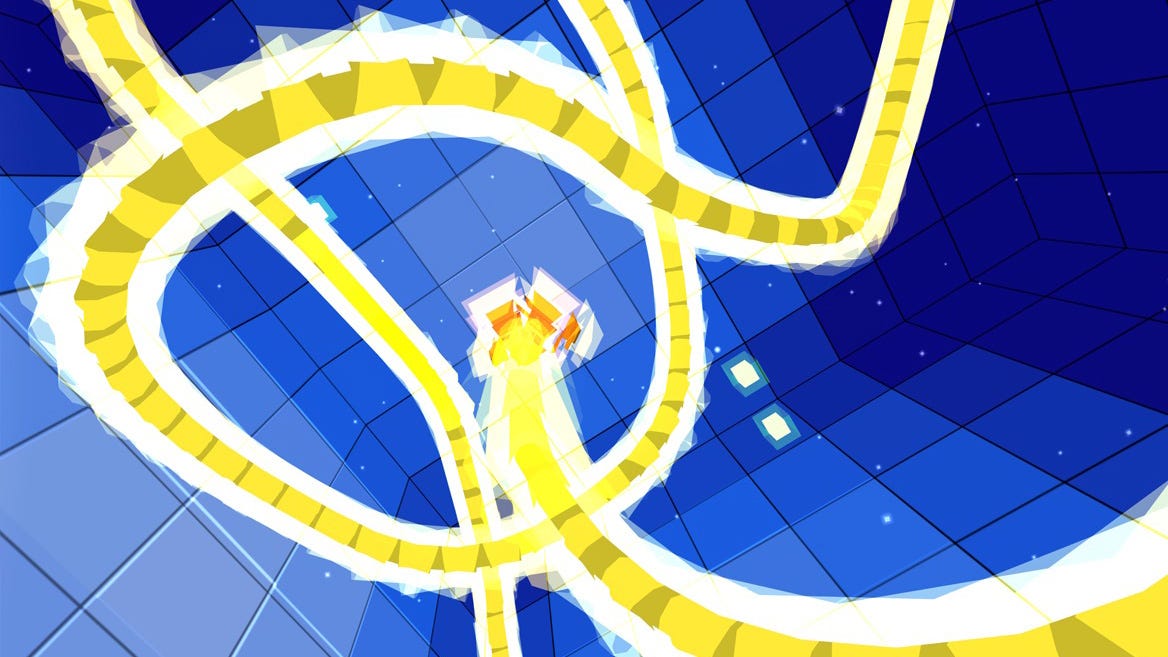
Game preservation is one of those topics that we keep returning to with greater and greater frequency. In a week like this, and a year like this, it's not hard to see why. Marvel's Avengers, a mega-budget game that still feels relatively fresh, is being delisted, while Hyenas, which looked weird and rather brilliant, has been cancelled before it's even been released. It's heartbreaking, and my thoughts go out to everyone affected. People are losing their jobs and others are seeing their work forgotten. There's also a sense we're going to see more of this and more often. Hollywood is making movies that people will never see and TV shows that people will never binge, while brilliant people are giving huge and valuable chunks of their lives to make games that people will never play. It's terrible stuff.
The question of game preservation should rightly seem small compared to people losing jobs, but while the news has been so bad these past months there have also been a number of game releases which highlight different ways absent games, at least, might live on in memory. It's doubly hard, I think, to preserve games like Marvel's Avengers or Hyenas: games which are always online, multiplayer, social affairs which require servers and deep communities of players to make sense. But game preservation is tricky stuff even with older single-player offline games. Maybe this is why there are so many signs of changes to how people are thinking about game preservation. So many people are asking: what does it mean to preserve a game or at least preserve its memory? This stuff is in flux.
I wrote about this a few weeks back, when I had the good fortune to play The Making of Karateka and Bomb Rush Cyberfunk in the same week. Very different games, these, but both are united by being deep and thoughtful acts of memory. Bomb Rush Cyberfunk is a spiritual successor, an act of digital reanimation, to a beloved game series that has been away from TV screens for the best part of two decades. Its slight spookiness is part of the fun: it's someone else's ideas but brought back by a new team and powered by sheer love of the games of the past.
